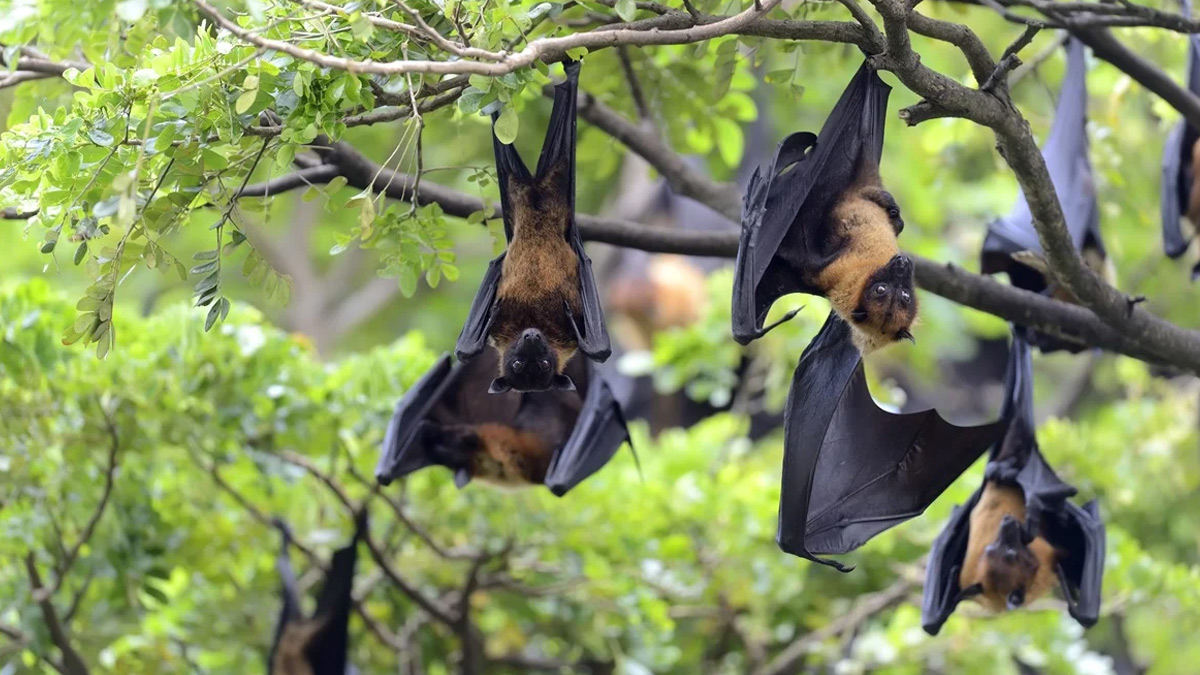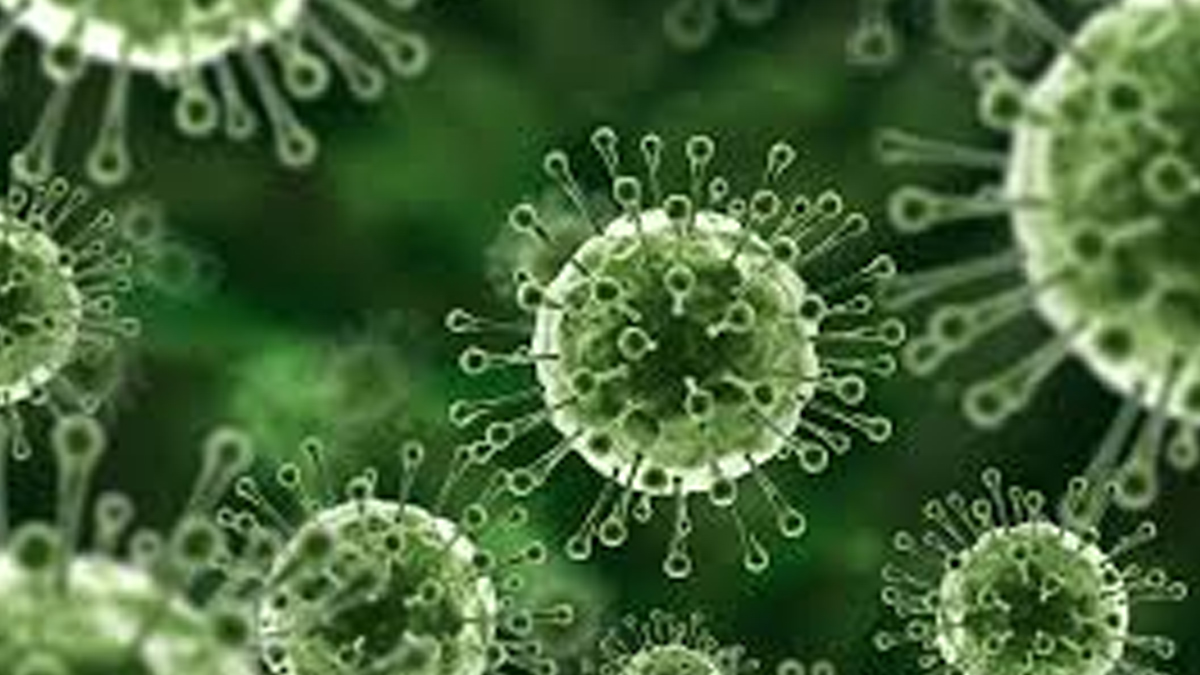-1740037110855.webp)
Kerala has once again issued a health alert regarding the deadly Nipah virus, urging residents to stay vigilant as the state approaches a season conducive to virus transmission. With a history of outbreaks and fatalities linked to the virus, the health authorities are taking proactive measures to prevent another crisis.
Table of Content:-
Why Is Kerala on High Alert?
The Nipah virus (NiV) is a highly contagious zoonotic disease, meaning it spreads from animals to humans. Kerala has previously experienced multiple outbreaks, the most significant being in 2018 in Kozhikode, which resulted in 17 deaths and over 20 confirmed cases. Given its history, the state is taking no chances, especially since the virus thrives under specific environmental conditions.
-1740037405553.jpg)
The Kerala Health Department has warned citizens to adopt strict precautionary measures as rainy and humid seasons provide the perfect conditions for viral transmission. Contaminated food sources, human-to-human contact, and infected bats—the primary carriers of the virus—heighten the risk of an outbreak.
Understanding Nipah Virus and Its Transmission
Nipah virus belongs to the Henipavirus genus of the Paramyxoviridae family. It was first detected in 1998 in Malaysia, where it caused a severe outbreak among pig farmers, leading to numerous fatalities. Since then, NiV has been reported in Bangladesh, India, and other parts of Southeast Asia. The virus spreads through:
- Direct contact with infected animals, especially fruit bats and pigs
- Consumption of contaminated fruits, particularly those partially eaten by bats
- Human-to-human transmission, through respiratory droplets, saliva, or bodily fluids

Common Symptoms of Nipah Virus Infection
The symptoms of Nipah virus infection can range from mild to severe, with some cases leading to fatal brain inflammation (encephalitis). Some of the most common symptoms include:
- Fever and headaches
- Nausea and dizziness
- Breathing difficulties
- Cough and sore throat
- Disorientation or confusion
- Severe encephalitis, which may lead to coma or death in extreme cases

Precautionary Measures to Stay Safe
As Kerala gears up to prevent a potential outbreak, experts recommend taking the following precautions:
- Avoid consuming half-eaten fruits or those fallen on the ground – Bats are known to infect fruits with their saliva. Washing fruits thoroughly before eating is crucial.
- Maintain good hygiene – Washing hands frequently with soap and water can help prevent the spread of infection.
- Avoid close contact with infected individuals – If someone exhibits symptoms, ensure they receive immediate medical attention and practice isolation.
- Be cautious around animals – Avoid direct contact with pigs and bats, as they are common carriers of the virus.
Why This Health Alert Matters
Given the high fatality rate of Nipah virus, which ranges between 40-75%, timely interventions and public awareness are crucial in controlling its spread. Kerala’s quick response reflects the lessons learned from past outbreaks, emphasising the need for early detection, containment strategies, and community participation.
Also Read: High Levels Of Faecal Bacteria Detected In Ganga During Maha Kumbh As Lakhs Take Holy Dip
With no specific treatment or vaccine available for NiV, the only defense is strict precautionary measures and early medical intervention. The state government has urged the public to report any unusual fever cases or respiratory distress symptoms to health authorities.
Bottomline
As Kerala enters a critical phase for Nipah virus transmission, staying alert, following safety guidelines, and spreading awareness can help curb the risk of another outbreak. The health department’s warning is a reminder that vigilance and timely action can be lifesaving in preventing the spread of this deadly virus.
Also watch this video
How we keep this article up to date:
We work with experts and keep a close eye on the latest in health and wellness. Whenever there is a new research or helpful information, we update our articles with accurate and useful advice.
Current Version
